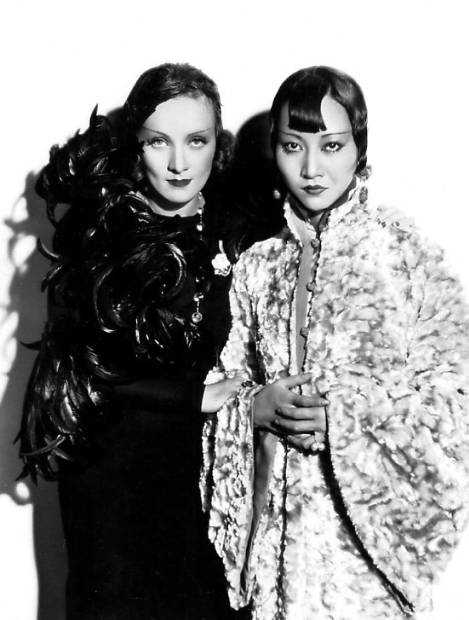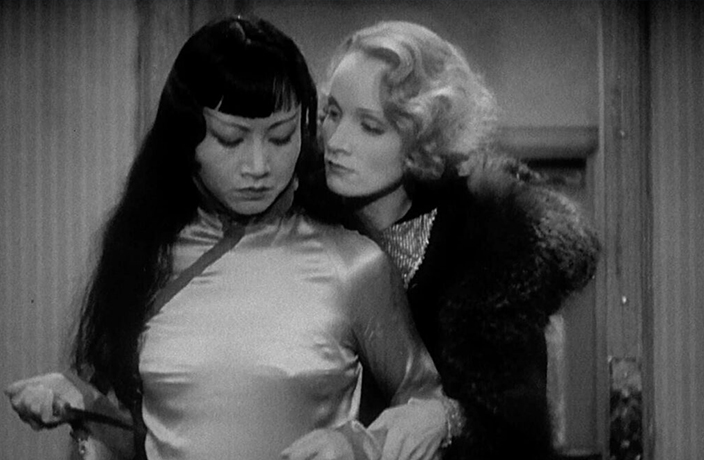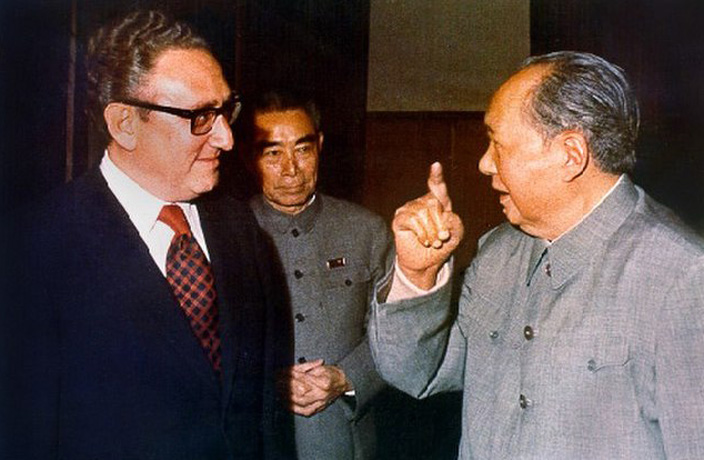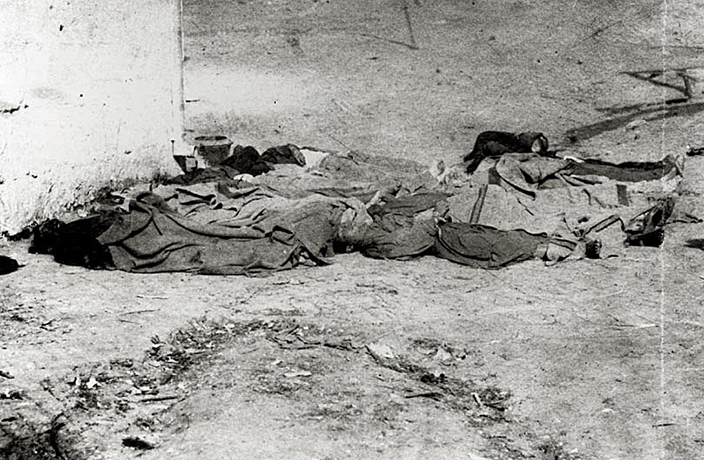On January 14, 1932, a Chinese newspaper ran with the headline “Paramount Utilizes Anna May Wong to Produce Picture to Disgrace China.” The picture in question was Josef von Sternberg's soon-to-be-released Shanghai Express, in which Wong played a self-sacrificing courtesan.
“Her specialty is to expose the conduct of the very low caste of Chinese,” the editorial ran on, citing her turn as “a half-robed Chinese maid in The Thief of Bagdad [sic]. Although she is deficient in artistic portrayal, she has done more than enough to disgrace the Chinese race.”
As the first Chinese-American movie star, the Chinese press (not to mention Nationalist government) had long been less than favorable to Anna May Wong, believing her on-screen sexuality spread negative stereotypes of Chinese women.
China’s intellectuals and liberals, however, were not always so opposed to her, as demonstrated later in 1932 when Peking University awarded Wong an honorary doctorate, the only time an actor had been so honored.
And while reviews of Shanghai Express at the time focused on Marlene Dietrich’s acting and Sternberg’s direction, film historians today judge that Wong’s performance upstaged that of Dietrich (while their sexually charged scenes together have fed rumors about the relationship between the two stars).
 Marlene Dietrich and Anna May Wong looking sultry... and Sapphic?
Marlene Dietrich and Anna May Wong looking sultry... and Sapphic?
As the 30s progressed, growing American sympathy for China’s struggle with Japanese Imperialism opened up opportunities for more positive Chinese roles in US films. Since its publication in 1931, Wong had made known her desire to play O-Lan in a film version of Pearl S. Buck’s popular novel The Good Earth.
READ MORE: This Day in History: Pearl S. Buck's 'The Good Earth' Published
When MGM turned the novel into a movie in 1935, Wong sensed her opportunity. Buck intended the film to be cast with all Chinese or Chinese-American actors, and producer Irving Thalberg initially agreed, before conceding that American audiences were not ready for such a film.
MGM never seriously considered Wong for the role. The Hays Code anti-miscegenation rules required the wife of a white actor, Paul Muni (ironically playing Chinese character Wang Lung in yellowface), to be played by a white actress. The Chinese government also advised against it, commenting that “whenever she appears in a movie, the newspapers print her picture with the caption ‘Anna May again loses face for China.’”
According to Wong, she was instead offered the part of Lotus, a deceitful song girl who helps to destroy the family and seduces the family's oldest son. She refused the role, telling MGM, “If you let me play O-Lan, I will be very glad. But you're asking me – with Chinese blood – to do the only unsympathetic role in the picture featuring an all-American cast portraying Chinese characters.”
The role of O-Lan went to Luise Rainer, who won the Best Actress Oscar for her performance. Despondent, Wong spent the next year touring China, visiting her family's ancestral village and studying Chinese culture.
MGM’s refusal to consider her for the part, meanwhile, is remembered as one of the most notorious cases of casting discrimination of the 1930s.
READ MORE: 'Destination Peking' and Beijing's Original Hutong Hipsters






















0 User Comments